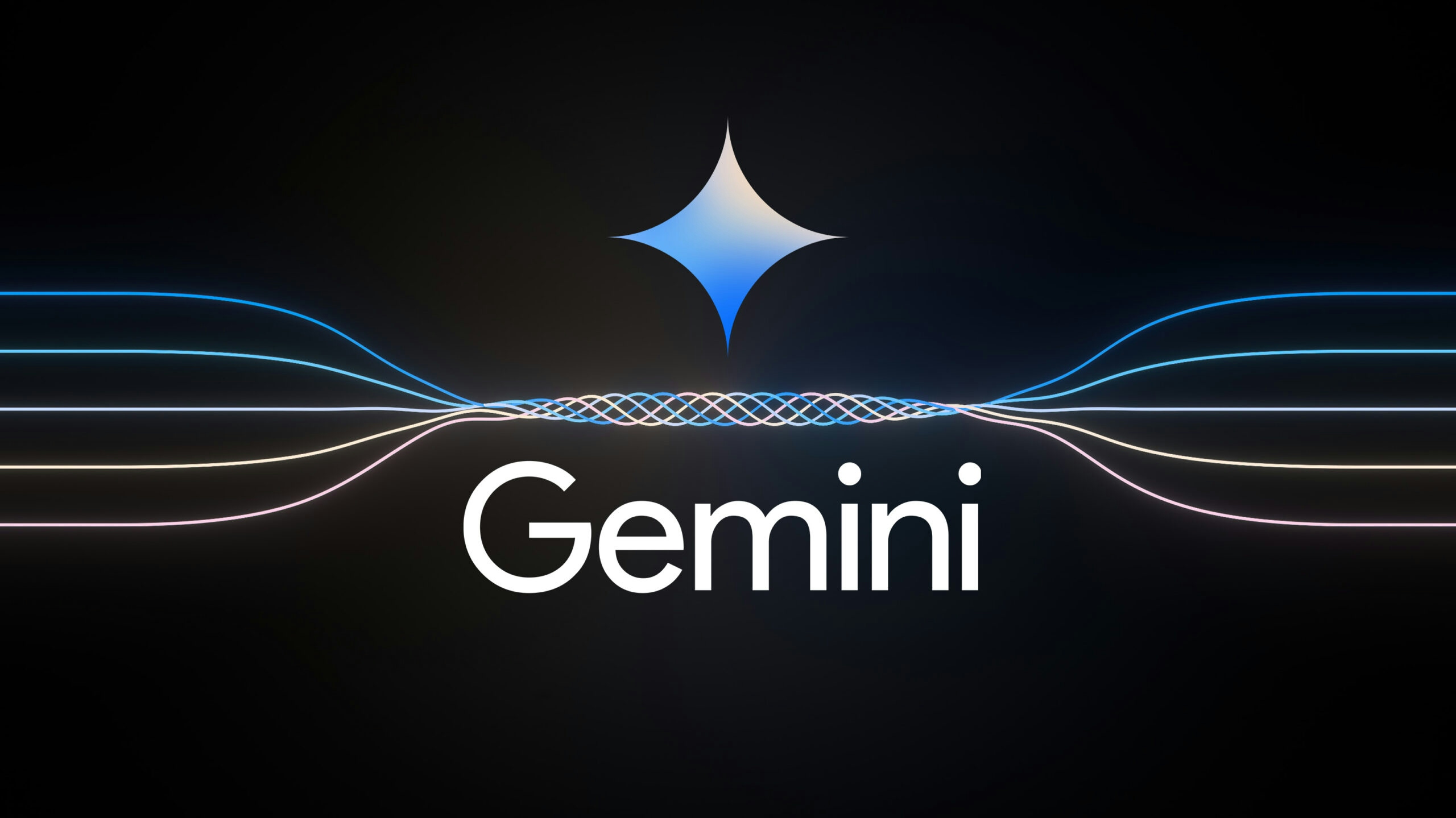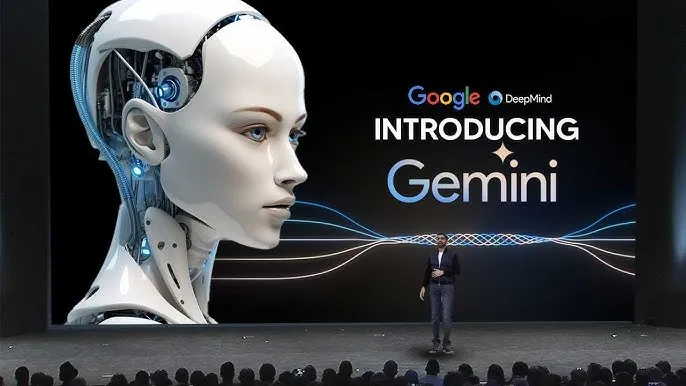Overview: Introducing Google’s Innovation in Generative AI, Gemini
The recent release of Google’s strong language model, Gemini, has created a lot of excitement and expectation in the rapidly evolving field of artificial intelligence. With its revolutionary capabilities, Gemini was positioned as a direct rival to OpenAI’s GPT-3.5 Turbo. Still, new findings have illuminated its capabilities and cast doubt on how good it is in comparison to its well-established rival.

Heading1: An Evaluation and Comparison of Gemini and GPT-3.5 Turbo
Section 1: Presenting Gemini Pro
In less than a month following Google’s official introduction of Gemini Pro, doubts were raised over its effectiveness. A thorough investigation comparing Gemini Pro with GPT-3.5 Turbo and assessing each device’s performance on a range of activities was carried out by researchers from Carnegie Mellon University and BerriAI.
Subheading 2: The Conclusion – Gemini Pro Trails
The study’s conclusions were unambiguous: Gemini Pro’s accuracy on a variety of tasks was inferior to that of GPT-3.5 Turbo’s, even with its sophisticated features. Gemini Pro’s performance was not as good as expected when the study looked more closely at certain categories including multiple-choice questions, general-purpose thinking, and mathematical reasoning.
Heading 2: Assessing the Performance of Gemini Pro in All Tasks
Subheading 1: Multiple-Choice Exams – The Achilles’ heel of Gemini
57 multiple-choice questions from the social sciences, humanities, and STEM fields were used by the researchers to test the models. Remarkably, Gemini Pro performed worse than GPT-3.5 Turbo, suggesting a possible shortcoming in managing a variety of question types. The research identified cases in which Gemini’s answers were biased, raising the possibility of biases in the system’s training.
Subheading 2: Most Common Use of GPT Models for General-Purpose Reasoning
Compared to GPT-3.5 Turbo and GPT-4 Turbo, Gemini Pro’s accuracy was worse in general-purpose reasoning assessments when there were no response possibilities available. The latter’s remarkable comprehension and response to lengthier and more intricate questions was highlighted by the research.
Subheading 3: Inconsistent Outcomes in Mathematical Programming and Reasoning
Gemini Pro did not perform better than its competitors, even in domains like programming and mathematical reasoning where one might anticipate Google’s experience to thrive. The results of the study indicated a need for development in these areas as participants were less accurate while performing mathematical activities and writing Python code.
Heading 3: Language Translation Mastery – The Gemini Edge
Leading the Way in Linguistic Translation
Gemini Pro showed a special aptitude at translating text between languages even in the face of performance issues. Gemini Pro demonstrated its expertise in language translation by outperforming both GPT-3.5 Turbo and GPT-4 Turbo in particular language pairings. Though it may be an indication of overly strict content monitoring, concerns have been voiced over its propensity to obstruct answers in particular language combinations.
Heading 4: A Potential Surprise Contender: Mistral’s Mixtral 8x7B’s Ascent
Add Mixtral 8x7B under Subheading 1.
A surprising competitor, Mistral’s Mixtral 8x7B, surfaced in the middle of the Gemini vs GPT model comparison. Making use of a “mixture of experts” approach, this open-source model showcased a distinctive technique. On the other hand, Mixtral 8x7B underperformed GPT-3.5 Turbo in every way, according to the research, underscoring the persistent superiority of well-known models like GPT-3.5 Turbo.
Second subheading: Gemini Pro Beats Mixtral
Gemini Pro fared better than Mixtral 8x7B on every task tested, which was unexpected. In the rapidly changing field of generative AI, this unexpected outcome highlighted Google’s ongoing dominance.
Heading 5: The Reaction from Google and Upcoming Opportunities
Subheading 1: Defense and Upcoming Initiatives of Google
Google said that Gemini Pro outperformed the study’s findings in response to the research conclusions. Gemini Ultra, a more potent variant that is scheduled for delivery in early 2024, was also hinted to by the tech behemoth. This sparked debate over Google’s chances in the AI race moving forward and whether the next model can really outperform its rivals.
Subheading 2: Google’s AI Aspirations in the Future
It seems obvious that Google’s hopes of becoming a leader in generative AI are jeopardized by the study’s findings. Google will be able to take advantage of the approaching Gemini Ultra to improve upon the noted weaknesses and outperform its rivals. Google’s AI ecosystem is ever-changing, and how it responds to these discoveries will be very important in determining its future in the AI field.
In conclusion, navigating the landscape of artificial intelligence is a continuous journey.
The latest comparison between Google’s Gemini and OpenAI’s GPT-3.5 Turbo offers insightful information in the rapidly developing field of artificial intelligence. Although Gemini Pro will not easily exceed its competitors, Google’s AI journey will be interesting to watch when Gemini Ultra is about to be released. It is evident that continual innovation and adaptability are necessary in the quest for dominance in the rapidly evolving field of artificial intelligence.



